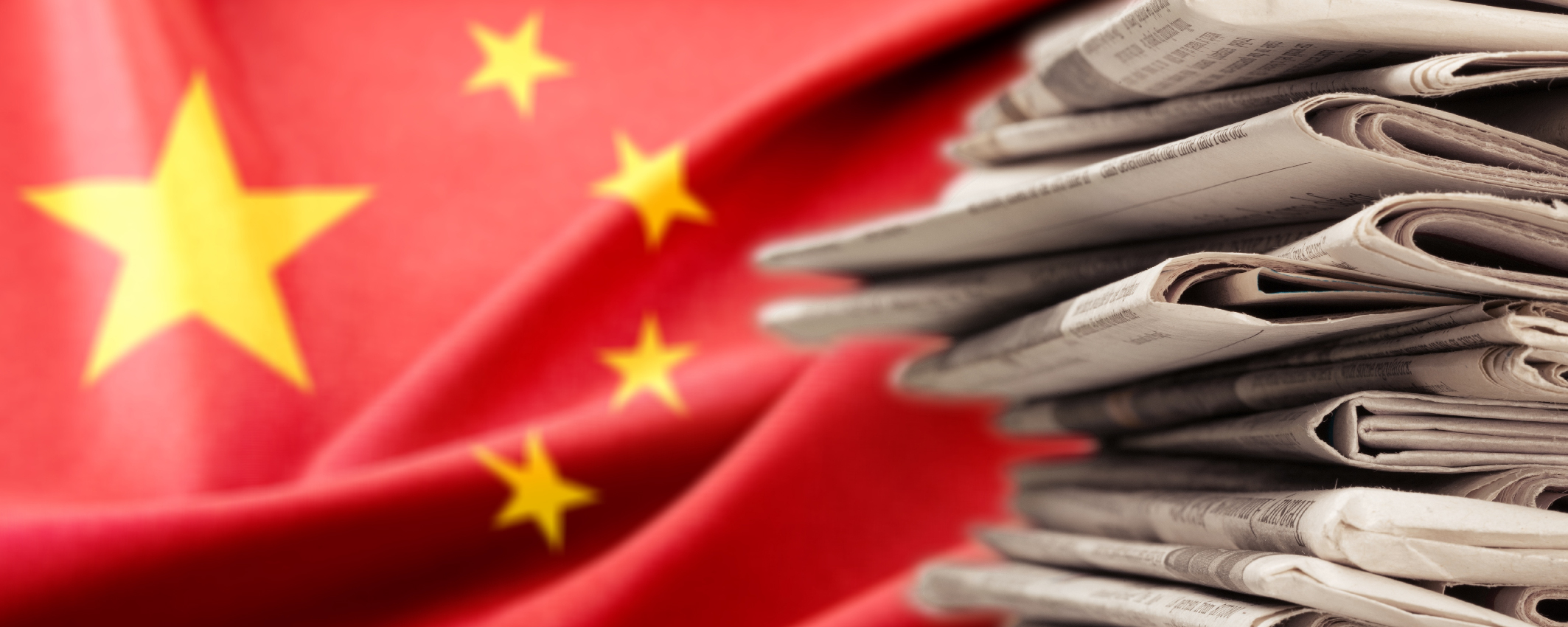 |
CCCH9062 China: Culture, State and Society
|
Course Description
China is one of the most consequential stories in the world, with media portrayals ranging from that of a reformist and modernising force to a pragmatic opportunist, an oppressor, a disruptor, and a revisionist power, among various other perspectives. International media coverage plays a crucial role in shaping global perceptions of China.
This course aims to explore how China is depicted in global news media by contrasting it with the domestic propagandistic model of representation. It examines the most frequently used news frames by international media to construct the China story and explores various forces and factors that may have shaped global media narratives on China.
Through five main thematic lens – politics, economy, diplomacy, security and military, and society and culture – this course utilises recent journalistic materials to show how these topics are framed and conveyed to international audiences. The course closely examines the topics that have received prominent international coverage in weekly sessions.
Drawing on key insights from Media Studies, Cultural Studies, Critical Theory, Political Science and International Relations, this interdisciplinary course will also utilise the instructor’s extensive experiential knowledge as a professional journalist for over two decades in various international newsrooms.

Course Learning Outcomes
On completing the course, students will be able to:
- Demonstrate main narratives on China in influential international media and grasp the difference vis-à-vis China media’s portrayal.
- Deep-dive reading and review on China coverage in global media through 5 themes: Politics, Economy, Foreign Relations, Security and Military, and Ideology.
- Scrutinise the notion of China as the “negative Other” in dominant Western media representations.
- Analyse the political economy of media industry in the West, including its institutional constraints and ideological proclivities.
- Examine the relations between power and knowledge from a Foucauldian perspective.
Offer Semester and Day of Teaching
Second semester (Wed)
Study Load
| Activities | Number of hours |
| Lectures | 24 |
| Tutorials | 10 |
| Seminars | 4 |
| Fieldwork / Visits | 4 |
| Reading / Self-study | 25 |
| Internet research | 10 |
| Assessment: Presentation (incl preparation) | 30 |
| Assessment: Essay writing | 22 |
| Assessment: Blog participation | 10 |
| Total: | 139 |
Assessment: 100% coursework
| Assessment Tasks | Weighting |
| Blog contribution | 20 |
| Critique essay | 25 |
| Group project and presentation | 45 |
| Class/Tutorial participation | 10 |
Required Reading
- Chomsky, N., & Herman, E. (2002). Manufacturing of Consent: The Political Economy of the Mass Media (2nd ed.). New York: Pantheon.
- Hall, S. (1997). Representation: Cultural representation and signifying practices. London: Sage.
- Pan, C. (2012). Knowledge, Desire and Power in Global Politics: Western Representations of China’s Rise. Cheltenham, UK: Edward Elgar Publishing Inc. [Chap. 1 “Introduction: knowledge, desire and power in Western representations of China’s rise”]
- Tuchman, G. (1980). Making News: A Study in the Construction of Reality. New York: The Free Press. [Chap. 1 “News as frame”; Chap. 6 “Representation and the news narrative”; Chap. 9 “News as a constructed reality”]
Major English-language news/analysis sites to monitor weekly:
- Associated Press China coverage
- BBC China coverage
- Bloomberg News China coverage
- ChinaFile
- CNN China coverage
- Nikkei Asia China coverage
- Reuters China coverage
- The Economist China coverage
- The Financial Times China coverage
- The Guardian China coverage
- The New York Times China coverage
- The South China Morning Post China coverage
- The Wall Street Journal China coverage
Course Co-ordinator and Teacher(s)
| Course Co-ordinator | Contact |
| Ms T. Shi Journalism and Media Studies Centre, Faculty of Social Sciences |
Tel: 3917 1641 Email: tingshi@hku.hk |
| Teacher(s) | Contact |
| Ms T. Shi Journalism and Media Studies Centre, Faculty of Social Sciences |
Tel: 3917 1641 Email: tingshi@hku.hk |

